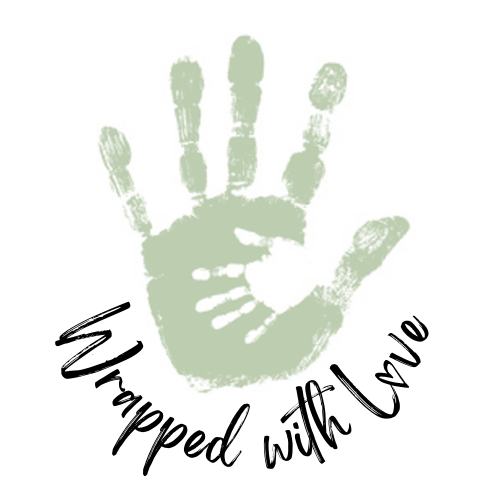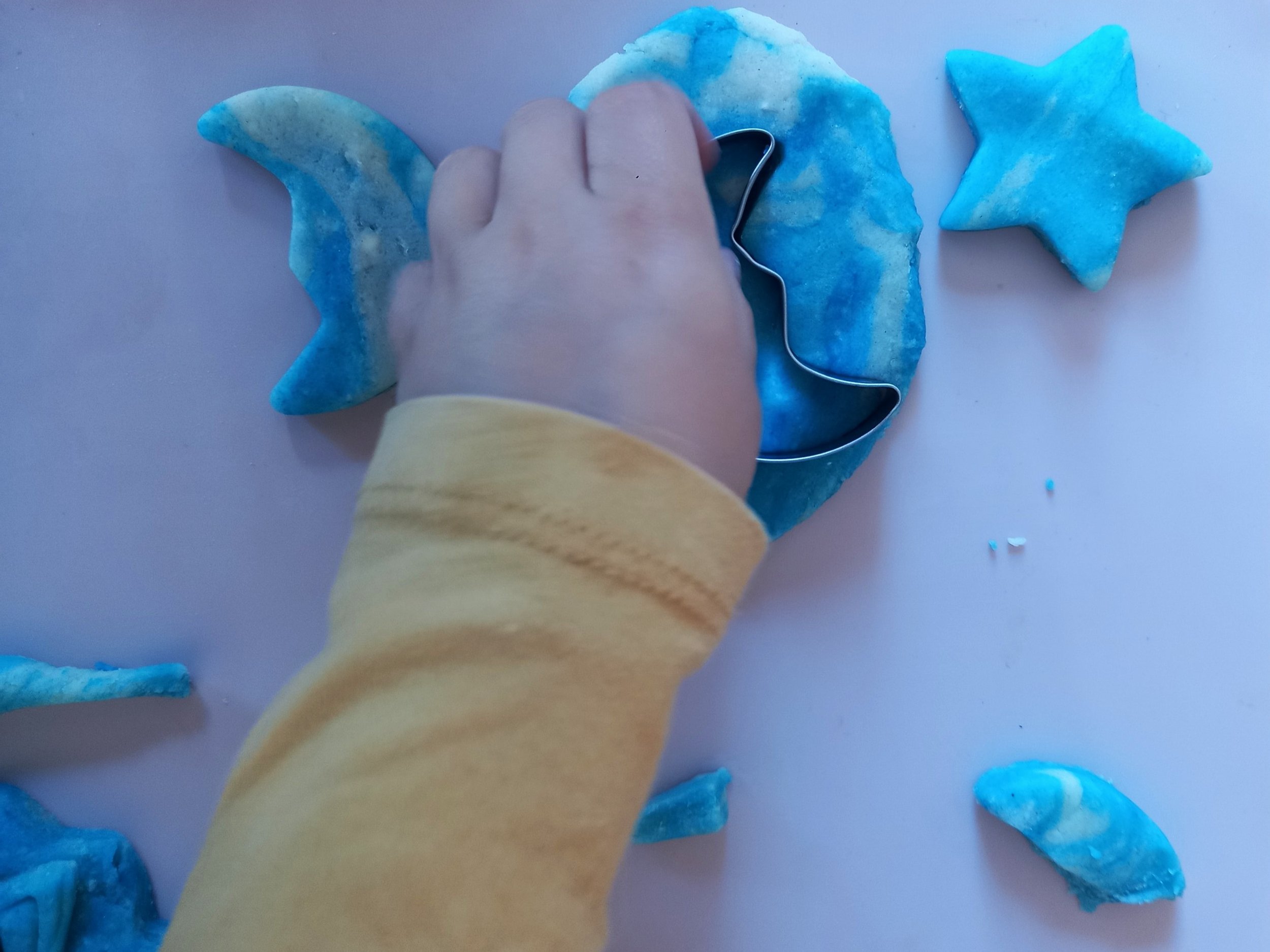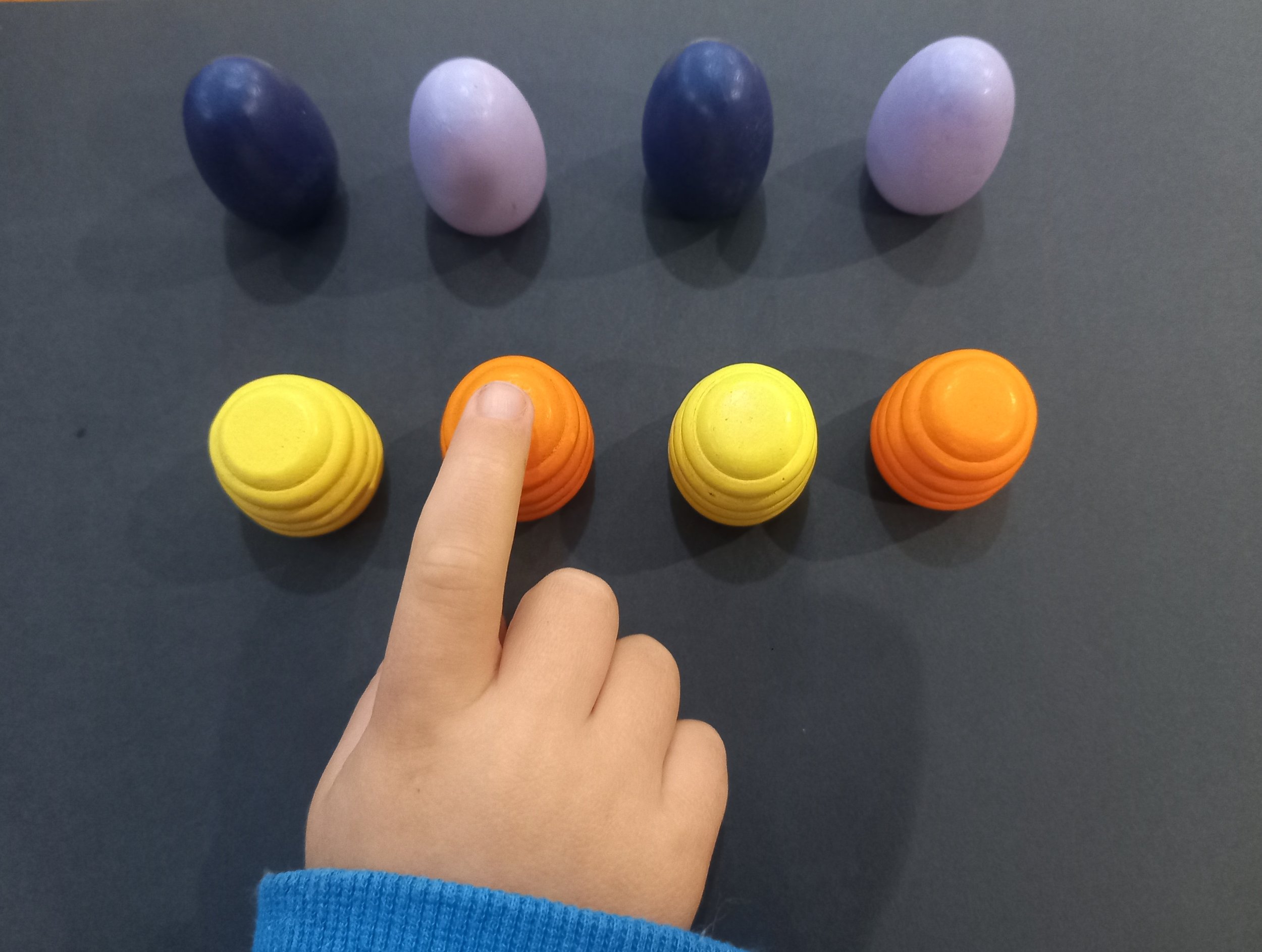Science and Nature
“Nature is a tool to get children to experience not just the wider world, but themselves” - Stephen Moss
Providing children with opportunities to explore and learn about the natural environment around them is such an important part of childhood. Playing in nature supports the development of curiosity, imagination, physical skills and introduces them to early science concepts (such as animals, bugs, plants, weather, cause and effect, gravity…). Did you know that exposure to nature can also reduce stress levels in children by up to 28%!?
Music and Movement
“Music is the strongest form of magic” - Marilyn Manson
Music is a universal language that brings everyone together! Music is a powerful tool for supporting the development of a child’s language, listening skills, sensors, coordination, creativity, decision-making skills and concentration (just to name a few!). Alongside music, we have dance which supports a child’s physical development, coordination, spatial awareness and most importantly how to be free and have fun!
Small World Play
“Imagination is more important than knowledge. Knolwedge is limited. Imagination encircles the world” - Albert Einstein
Small world play allows children to reenact and connect ideas about everyday life. It provides children with a fun and creative way to express their knowledge of the world around them! It also gives them an opportunity to play out and resolve confusing or difficult ideas they have. It is a great way to support social skills, communication skills, creativity, decision-making skills and problem-solving skills!
Early Literacy
“The more that you read, the more things you will know. The more that you learn, the more places you’ll go” - Dr. Seuss
Nathan Wallis, a kiwi neuroscience educator, emphasises the importance of day-to-day interactions with your child in the first 1000 days and believes this plays a critical role in their future outcomes! The more love and interaction you have with your child, the more their brain will develop! One of the best ways to interact with children is by reading! Books provide a fun way to support children with listening skills, communication skills, comprehension, concentration, imagination, ability to story-tell and it helps develop their understanding of the social world around them.
Early Math
“There should be no such thing as boring mathematics” - Edsger Dijkstra
Early math is not just about learning to count or draw shapes. Mathematics helps children think logically, creatively, strategically and critically. It supports children to be able to problem-solve.
Introducing mathematics in a fun way will support a positive attitude towards math. Fun ways to introduce mathematics include sorting, patterning, singing songs and rhymes, baking, measuring, tipping and pouring water…
Sensory Play
“The most memorable days usually end with the dirtiest clothes” - Kristen Welch
Sensory play helps simulate and develop a child’s five sensors (touch, taste, smell, sight and sound). There are so many types of sensory play (and it doesn’t all have to be messy play) for example, calm down bottles, sand, water, playdough, slime, baking, painting, bubbles, scarves, heuristic boxes… I could go on and on!
Sensory play not only supports the development of a child’s sensors but also their fine and gross motor skills, language development, problem-solving abilities, self-regulation skills, creativity and imagination.








